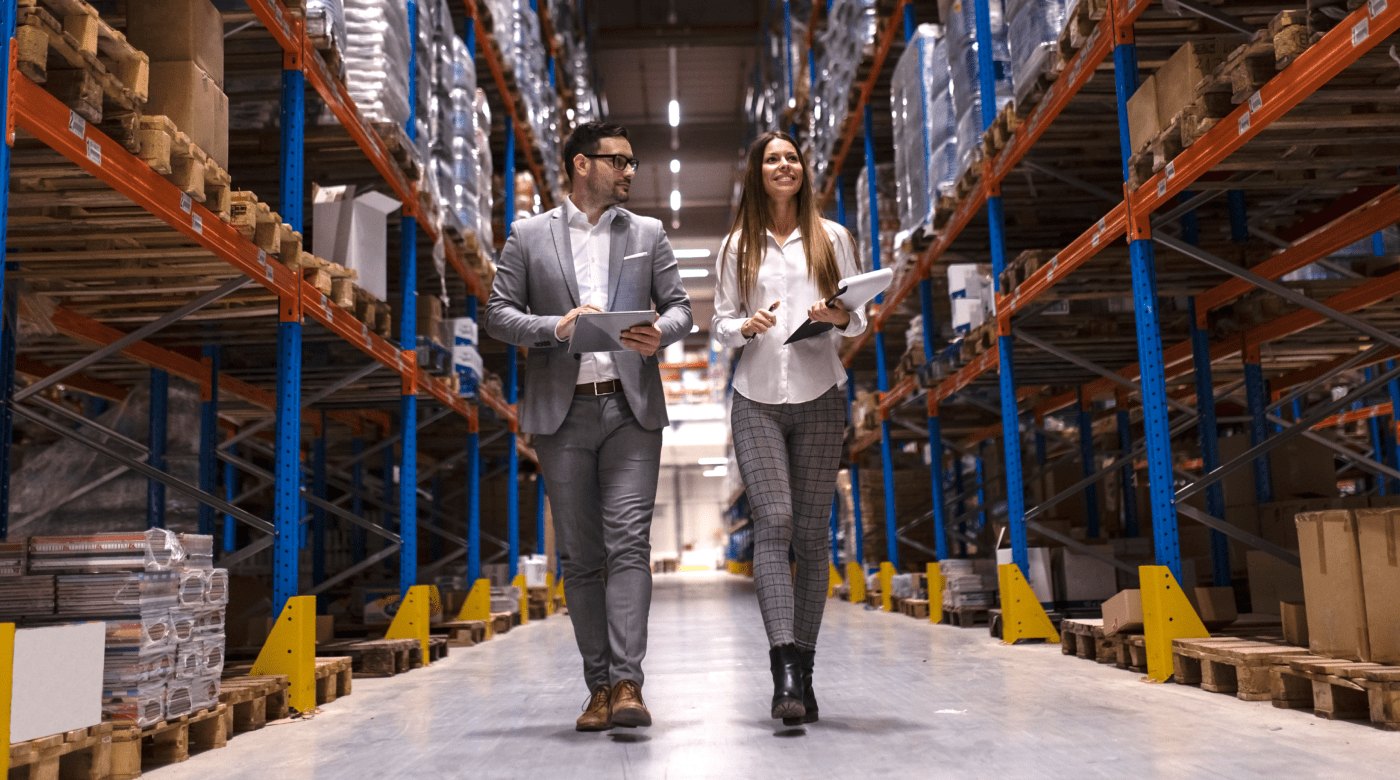When you think of starting a business, logistics aren’t usually what you think of first. You picture your storefront, website, or logo, not a warehouse full of inventory. 3rd party logistics (3PL) exist to take care of all the operational issues of getting your product to customers. It saves you the time, effort, and expense of order fulfillment. And even if you were willing to spend that time and money, logistics are a complex landscape that most people have little to no experience with.
Whether you sell clothing, coffee, appliances, or anything else, 3rd party logistics can help you process and deliver orders faster and more consistently. In this article, we’ll explain what 3rd party logistics is and the services a 3PL partner can offer. We’ll also cover the difference between 3PL and dropshipping, as well as how to choose a third-party logistics provider.
What is 3rd party logistics (3PL)?
To understand 3rd party logistics, let’s break the term into its parts.
Logistics are all the operations involved in getting your product to a customer — from sourcing raw materials to safely storing your inventory and getting it to the customer’s doorstep. Because so many of these concerns are related to fulfillment, the term “logistics” is often used alongside “fulfillment operations.”
The “third party” refers to a party other than the selling business and the customer. Therefore, 3rd party logistics means the retailer is contracting an independent business to handle the logistical concerns. While some businesses handle their own logistics, others work with partners for one or more of these operational processes.
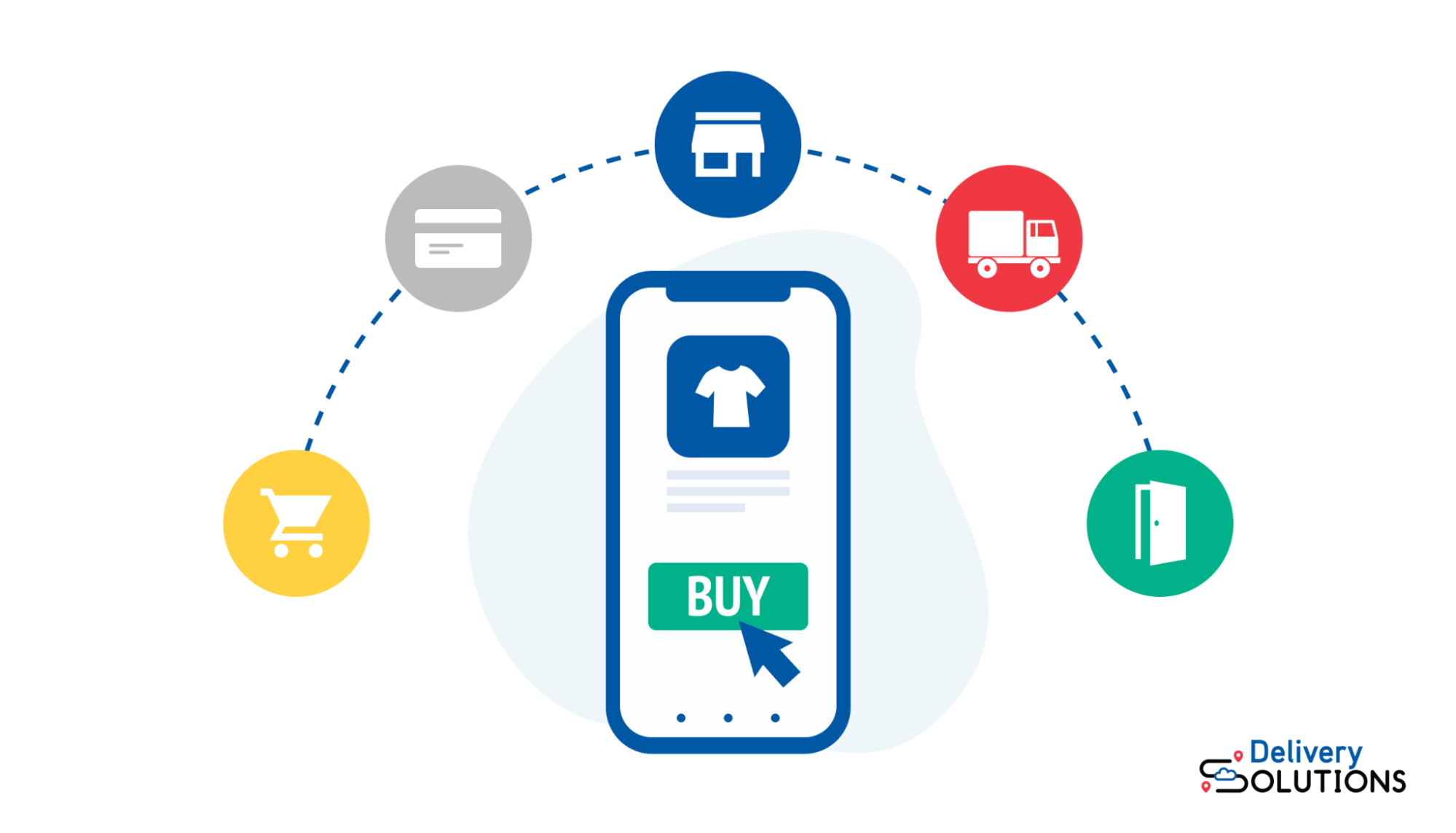
It’s not uncommon for a retailer to work with multiple 3PL partners, with each partner handling different operations or different sales territories. There are even 4th party logistics (4PL) companies which manage all your 3rd party logistics partners.
One reason 3PL is so common is that logistics become much less expensive at a large scale. Many ecommerce businesses aren’t large enough to justify the expense of a whole warehouse or dedicated fulfillment staff or heavy machinery like forklifts. A 3PL company allows smaller businesses to access these resources.
What does a 3PL company do?
While each 3PL company offers a different mix of services, there are a few core competencies that you can expect from a third-party logistics provider.
Receiving
A third-party logistics partner will accept and verify shipments of raw materials or products. This is a practical advantage because most third-party logistics providers have the premises and equipment to unload and move shipments. For example, unloading a shipment is much easier and faster when the 3PL has a receiving dock.
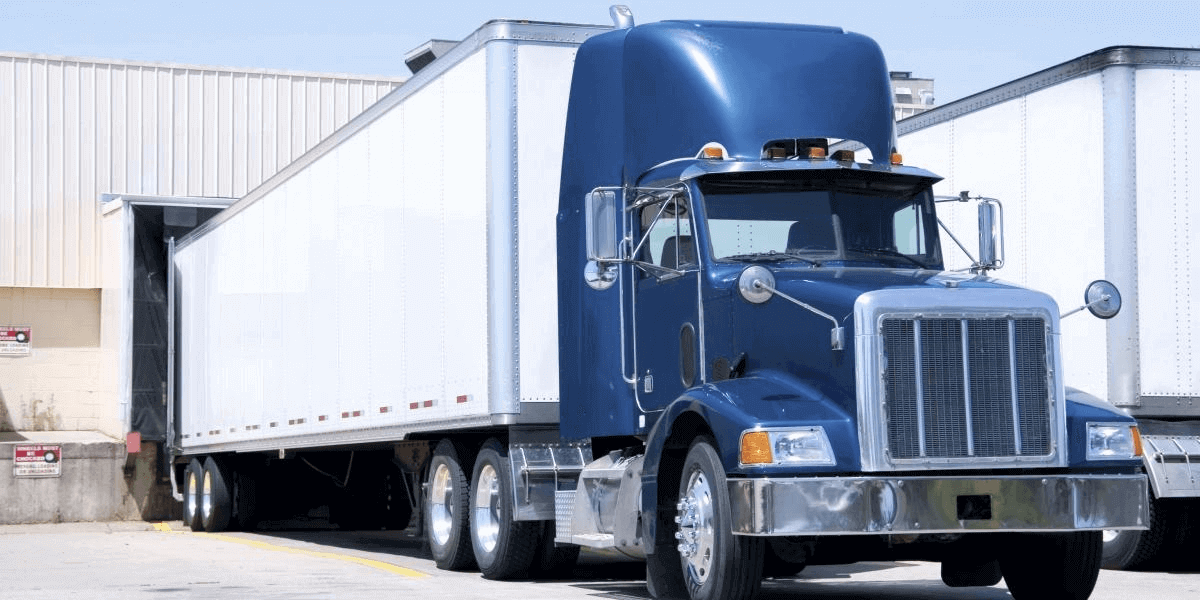
Warehousing
Warehousing is a huge component of 3PL. While some businesses might be able to store their inventory in a garage or storage unit, others require more space. Typically, 3PL companies own or lease warehouse space and then rent that space out to businesses.
With a third-party logistics partner, you pay for the amount of space you need, which is vital for growing companies or those with seasonal sales. This means that if your business grows, you can work with your warehousing partner to get more shelf space.
The 3PL company organizes, stores, and ensures the security of your inventory. These tasks can take up a ton of time and effort. With those off your hands, you can focus on selling more products.
Pick and pack
Processing and fulfilling customer orders can be complex and time-consuming, but these operations are often quite similar from one retailer to another. The 3PL partner will receive orders directly from your ecommerce outlets, gather the individual products, and pack them for shipment.
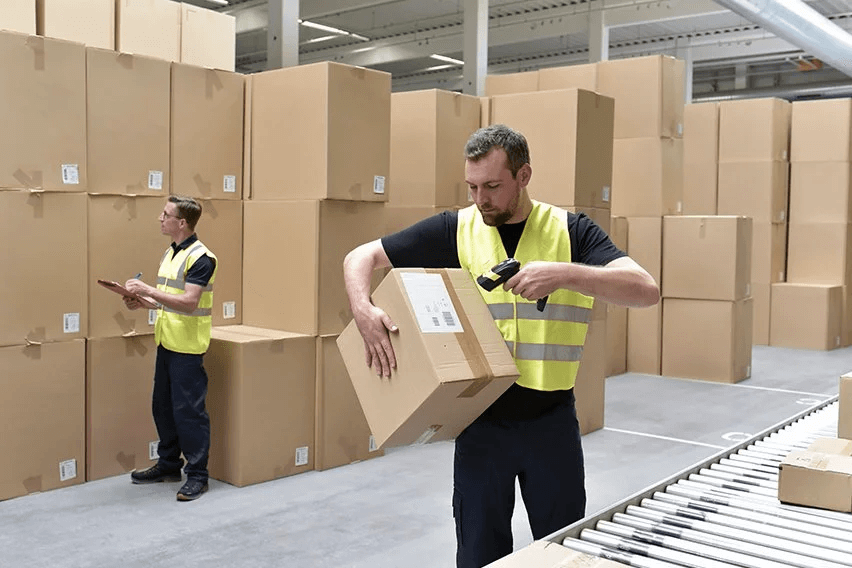
3PL companies have dedicated fulfillment professionals who can “pick and pack” your orders. “Picking” is when workers find and retrieve each product in the customer’s order (picking it off the shelves). They then pack the products for shipping with the appropriate packaging. Fulfillment center staff can pick and pack orders efficiently because they know the warehouse and materials.
Shipping
Shipping is another huge part of fulfillment services that a 3PL partner can take off your hands. Even a small business owner knows that it’s not as simple as dropping things off at the post office once a week. Customers expect fast (and often free) delivery. Third-party logistics services help you do that.
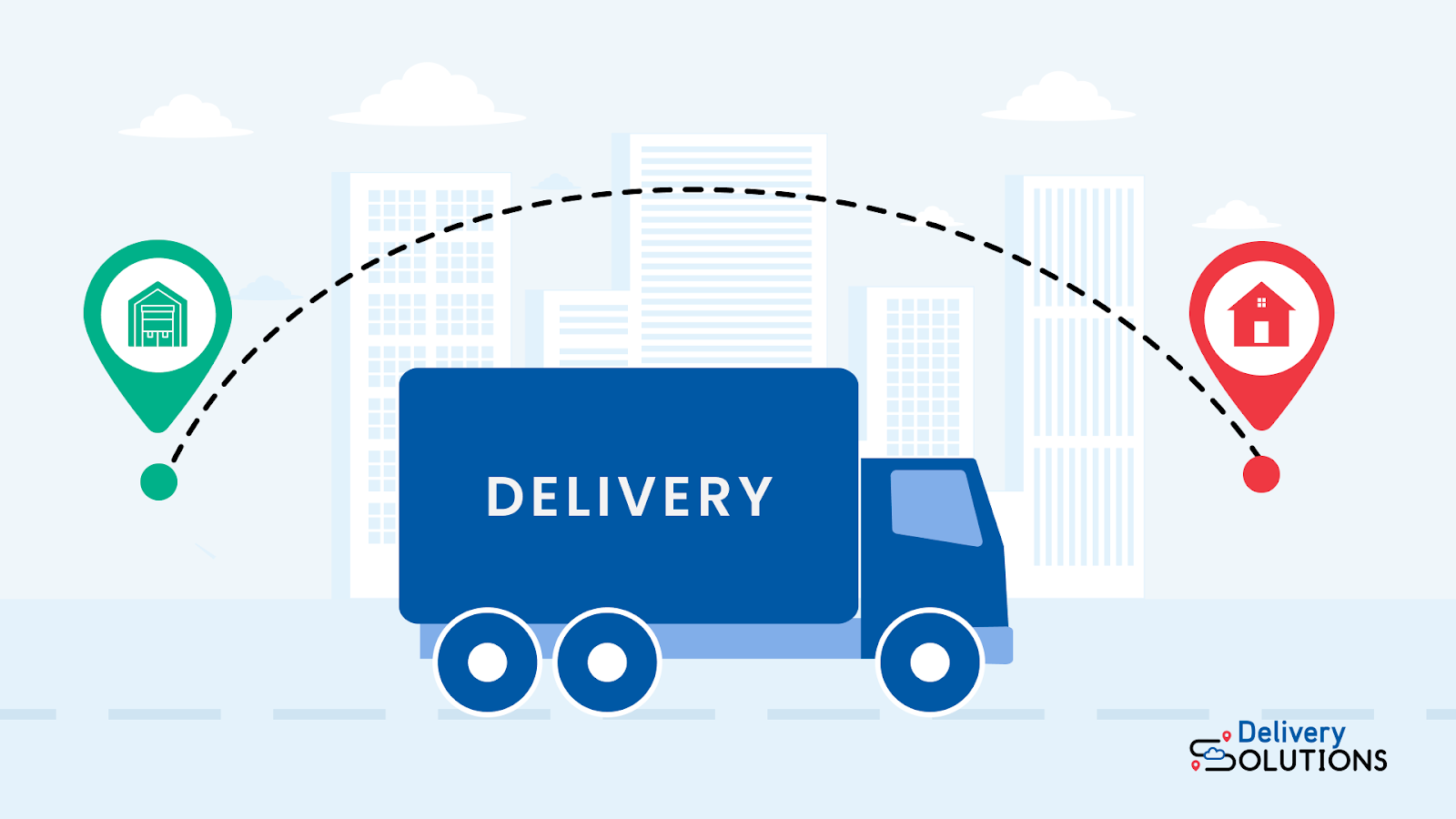
A 3PL company can batch orders, choose the right shipping provider, and even get special shipping rates. Eighty percent of today’s online shoppers expect free shipping above a certain dollar amount, so there’s significant pressure on ecommerce stores to keep their shipping costs low.
Reverse logistics (returns)
Forty-nine percent of American internet users have returned an online purchase in the past year. Clothing, shoes, and accessories are the most commonly returned items, but no matter your product, returns are simply an inevitable aspect of doing business online.
Because returns require customer communications, refunds, and more shipping, they can eat up a lot of a small business’s time. Many third-party logistics companies offer reverse logistics services, which can process returns and get products back into inventory.
Additional 3PL Services
Those are the most important and basic services 3PL companies provide, but they can also help in other ways.
Inventory management
With a professionally managed fulfillment center and dedicated staff, third-party logistics companies can accurately track your inventory. This ensures your website can accurately reflect what you have in stock, which prevents disappointed customers. Some logistics services companies will even offer inventory guidance to help you know when to order more products.
Inventory management has become even more important in recent years as so many supply chains have been disrupted. But with many businesses keeping more inventory on hand, the cost of rental space is also increasing. Businesses must strike a fine balance between keeping products on hand and controlling costs.
Customer support and tracking
Modern ecommerce customers have sky-high communication and tracking expectations. A full 91% of consumers track their packages, with 20% saying they look at tracking multiple times per day.
Customers even want to know about bad news, like shipping delays. If an order won’t arrive on time, 69% of customers said they would be less likely to shop with a retailer that doesn’t notify them of the delay.
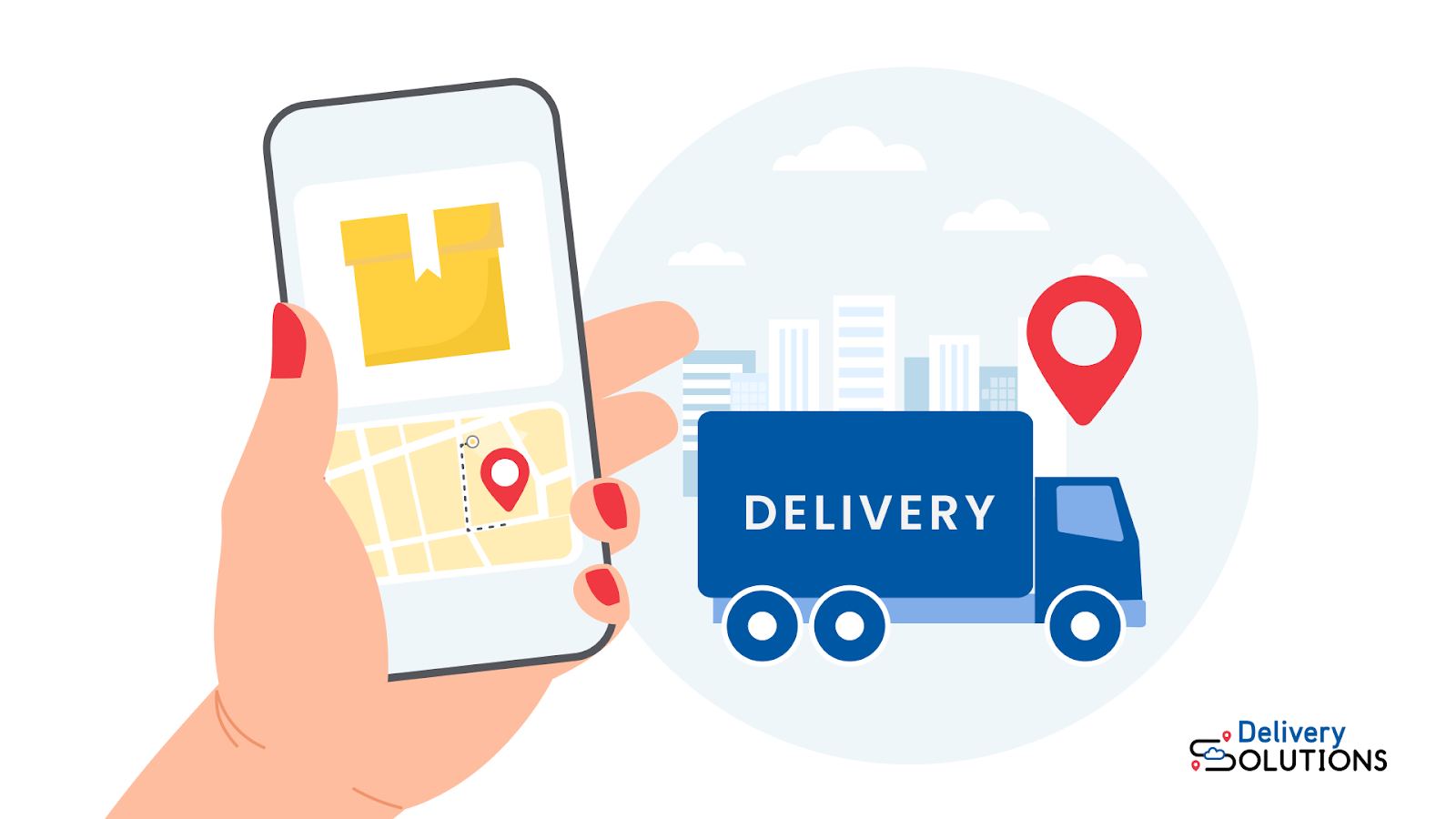
Tracking is clearly important to ecommerce customers. And the tracking information your customers receive depends on your 3PL and shipping providers accurately scanning and updating orders.
The depth of your customer support and tracking depends on the partner. Delivery Solutions, for example, keeps customers updated at every stage of the order fulfillment process. Delivery Solutions customers can even set up automated email or SMS notifications that are triggered by order status.
Freight and shipping coordination
Regarding shipping large quantities of materials or products, 3PL companies have expertise in finding the most cost-effective and efficient processes. Providers like Coyote Logistics have existing relationships with different trucking and shipping companies.
How your inventory is shipped depends on how much space it takes up. FTL and LTL are two common acronyms you may run into when evaluating logistics services. FTL refers to a “full truckload,” meaning that you have enough product to fill an entire freight truck.
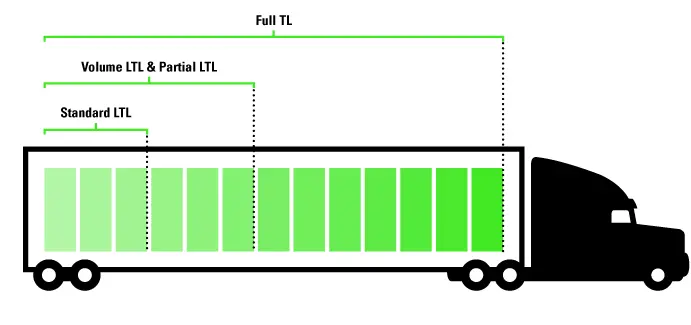
LTL stands for “less than truckload.” When you are shipping less than a full truckload, you will share the truck with one or more other businesses. This allows you to share the costs of the truck, but it can also mean compromising on speed or route. Choose a logistics services partner that can arrange the right scale of freight shipping.
3rd party logistics vs dropshipping
When discussing 3rd party logistics, you often run into the term “dropshipping.” Dropshipping is a specific kind of ecommerce in which all logistical concerns are outsourced, but it is not the same as 3rd party logistics.
What is dropshipping?
Dropshipping is a relatively recent evolution of ecommerce, but it stems from a very simple concept — sell a product for more than you paid for it.
The dropshipper partners with a manufacturer or supplier to access a product at a certain price ($5 for example). The dropshipper then creates an online store and markets the product at a higher price (let’s say $10).
When a customer purchases the product, the order goes directly to the supplier, who ships the product to the customer. The dropshipper, acting as a salesperson, then pockets the difference between what they paid for the product and what the customer paid.
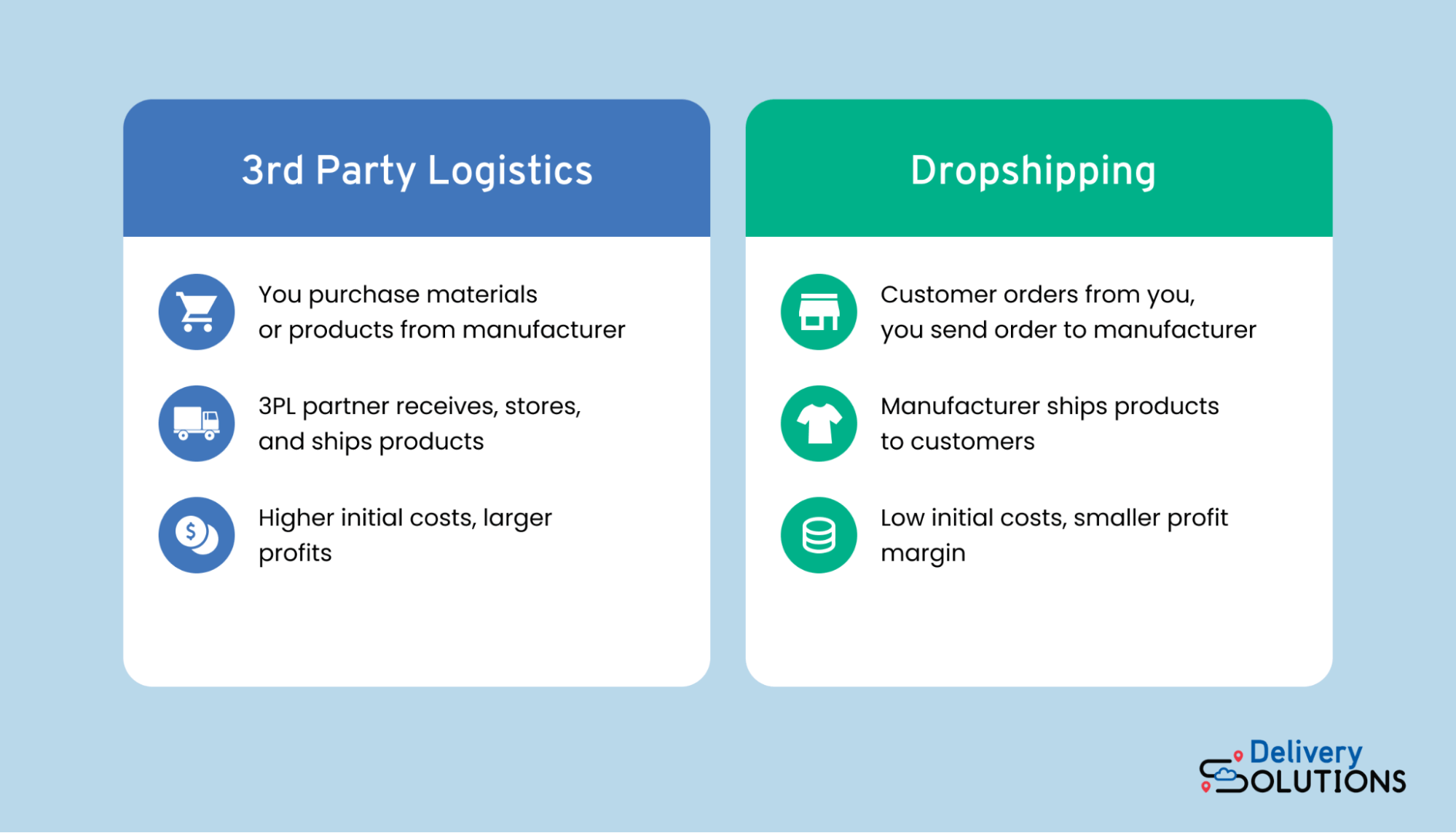
The key difference between dropshipping and third-party logistics is that dropshippers don’t own any inventory. They only pay the manufacturer for the product after the customer has paid. This makes it very affordable to get started with dropshipping.
On the other hand, an ecommerce business can purchase inventory from the supplier (usually at a bulk discount) and then use a 3PL partner to store, pack, and ship the product. In this case, the business buys products before selling them. With dropshipping, you don’t buy the product until your customer has already purchased it.
How to choose a 3PL provider
Now that you understand everything a 3rd party logistics partner can do for you, let’s look at how do you choose the right one?
Here are a few important factors to consider.
Ecommerce integrations
Because 3PL providers need to receive orders, track inventory, and communicate with ecommerce businesses, their technology and IT is very important.
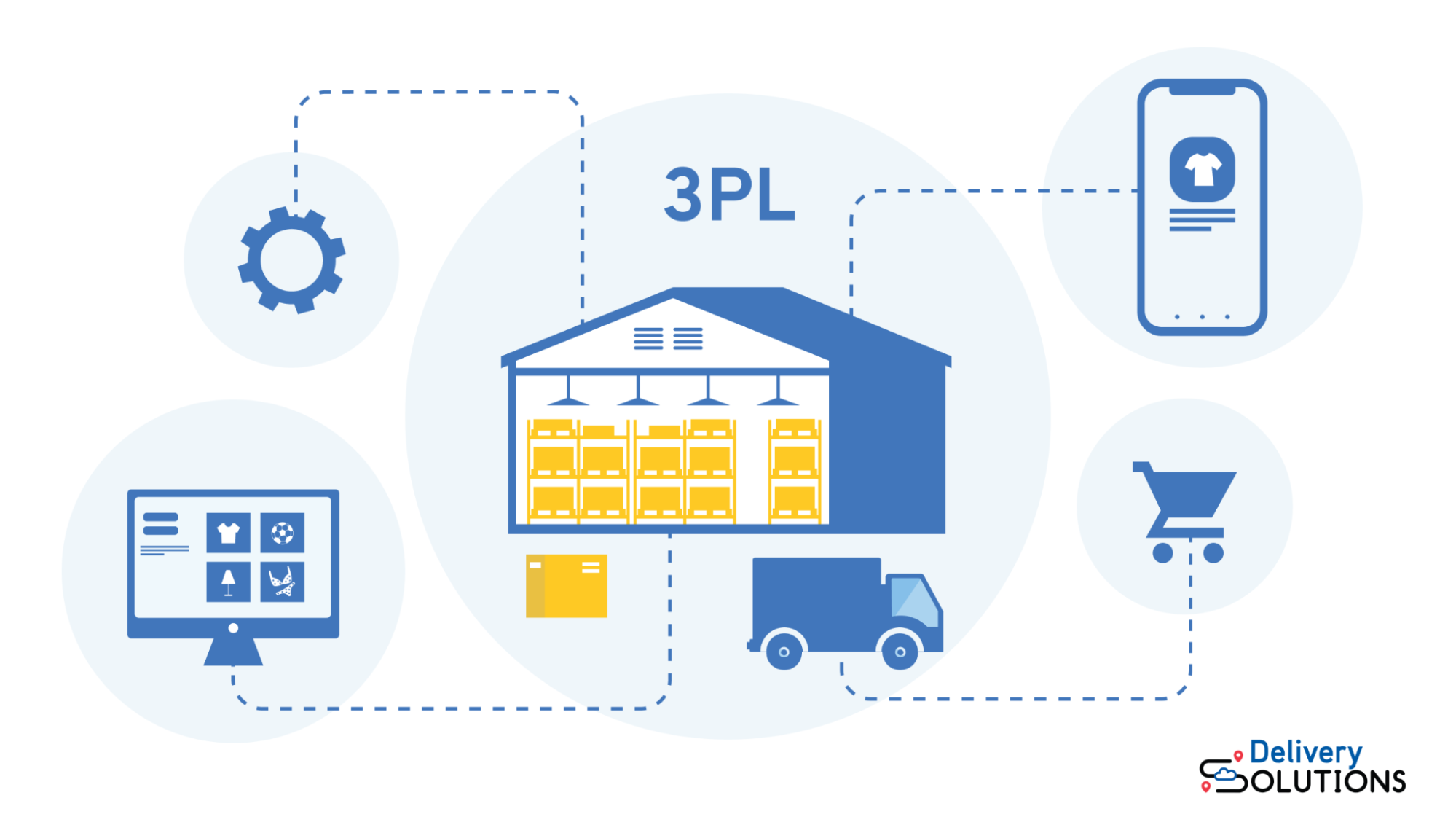
Ensure that any 3PL partner integrates with all of your ecommerce outlets. Logistics companies should be capable of bilateral communication, meaning they not only receive information from your systems but can share inventory and other details with your technology.
Location and delivery speed
Because a 3PL company handles the storage and shipping of your product, it’s important that their location makes sense for your business. When shopping for a 3PL provider, take stock of where your suppliers and customers are.
Different 3PL companies also offer different shipping speeds. Some providers specialize in one- or two-day shipping, so be sure that your 3PL capabilities align with the shipping speed you offer to customers.
Industry niche
Some 3PL companies specialize in a certain industry niche or type of product. For example, some are optimized for dealing with small, low-value products, whereas others are designed to manage large or expensive merchandise.
If you sell food or beverage products, you may need temperature-controlled storage or shipping. Depending on your products, your 3PL partner may need expertise in hazardous materials. The bottom line is that your 3PL partner needs to be prepared for the specific needs and challenges of your products and industry.
Loss policy
Inevitably, some products will be lost, damaged, or destroyed. With shipments from suppliers, receiving, processing, and simple accidents, any reputable 3PL company will have a policy for what losses they are and are not responsible for. Before contracting a 3PL partner, make sure you understand their loss policy.
Grow your business with 3rd party logistics
Most people don’t visualize the intricacies of logistics when dreaming up a new business, but order fulfillment is an incredibly important factor in the customer experience. 3rd party logistics companies offer various backend services (storage, shipping, reverse logistics, etc.) that free you to focus on growth, product development, and marketing.
All 3PL providers, however, are not the same. When you combine great customer experience with access to numerous stellar partners, you’re setting your business up for success. Schedule a demo to see how Delivery Solutions can empower you and delight your customers.
Delivery Solutions orchestrates fulfillment experiences for enterprise retailers, supplying flexible optionality for consumers and priming merchants for innovation at scale.
Russ Bair
Russ Bair is the Chief Product Officer at Delivery Solutions, the leading provider of last-mile delivery and fulfillment software. He helps ensure retailers achieve their goals and they are able to provide meaningful experiences for their customers. Prior to his tenure at Delivery Solutions, Russ was President of projekt202—an experience-driven consulting firm founded to apply deep ethnographic research to the development of mobile, web, and workplace software. He received his Bachelors in Computer Science from Texas A&M and has more than 25 years of extensive experience in the software development and consulting fields. While holding leadership roles within organizations or various sizes, Russ has designed, developed, and led the creation of complex custom software implementations for small, medium, and Fortune 500 companies across the United States. Russ is fulfilled by helping those around him reach their potential through servant leadership and collaborating to create progress and economic value. He currently lives in the Dallas area with his wife Jana and two children.
